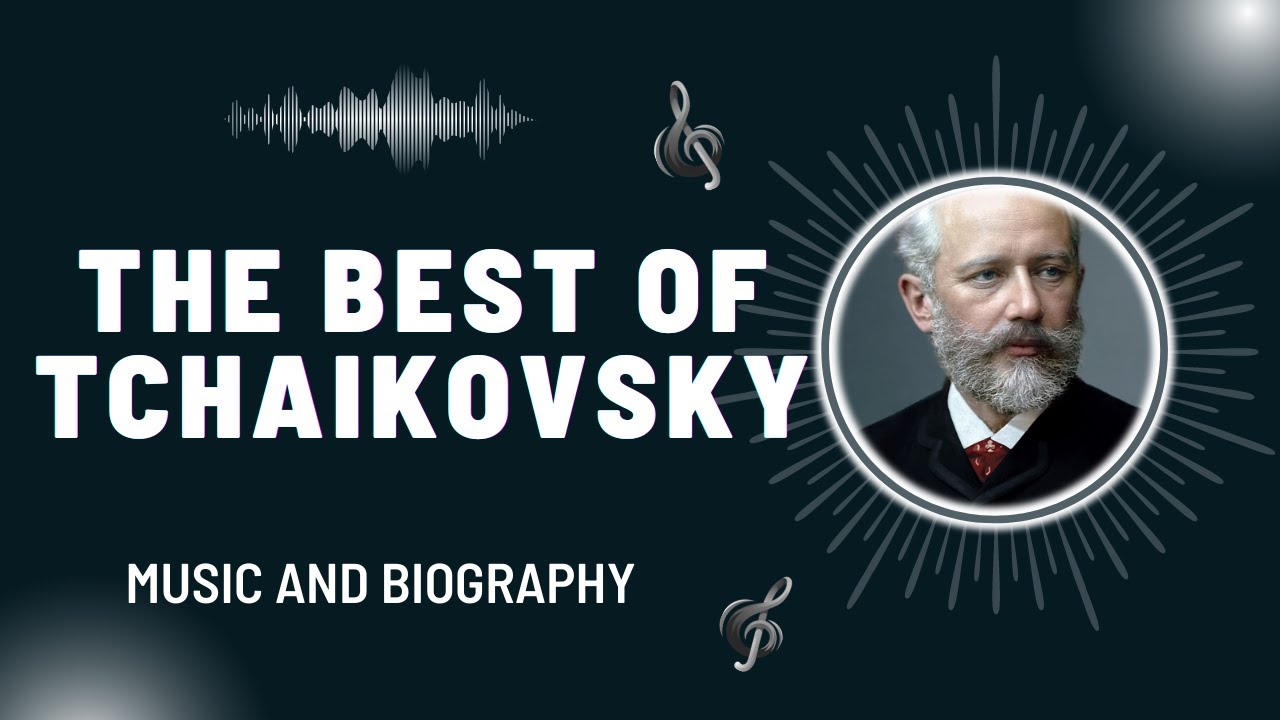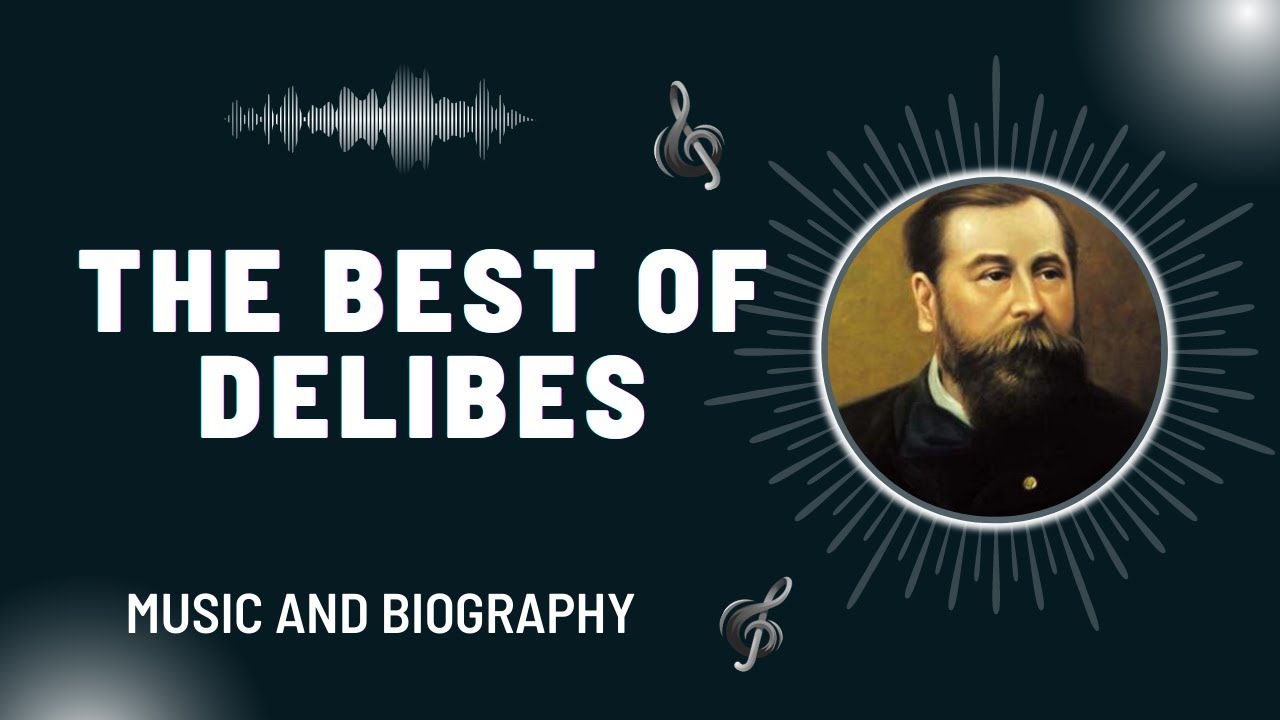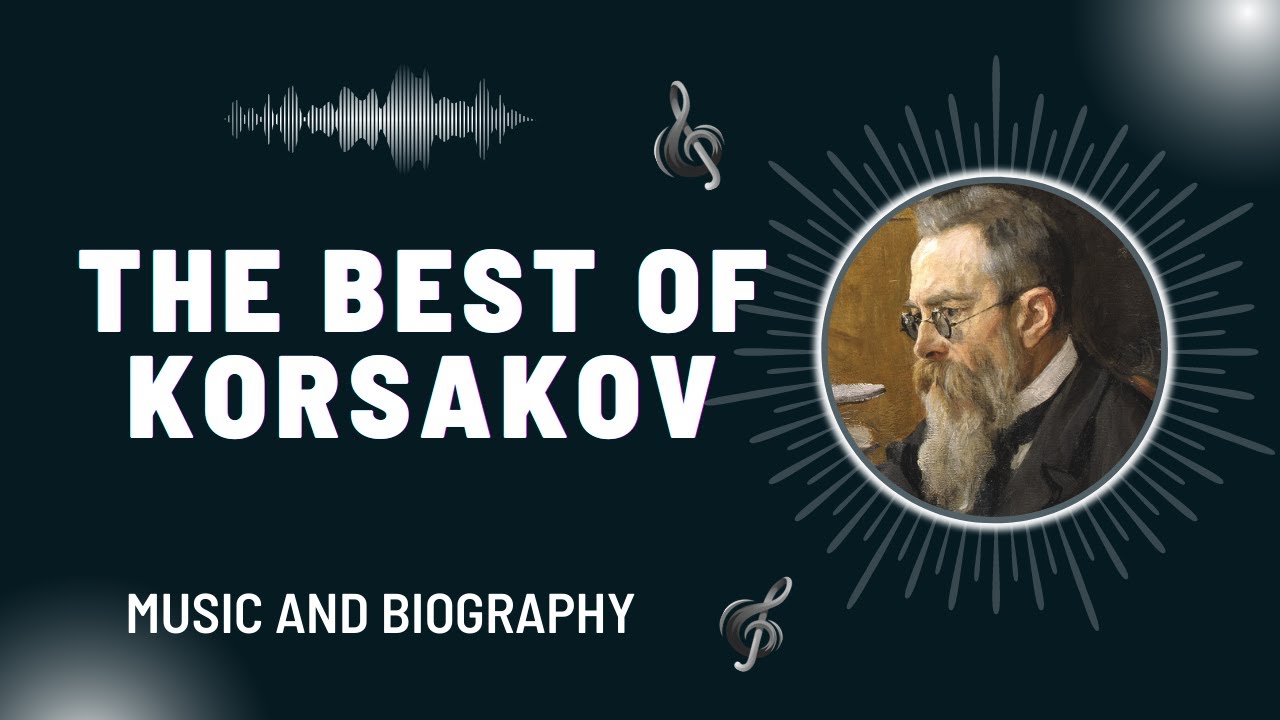
The Best of Tchaikovsky
Pyotr Ilyich Tchaikovsky (7 May 1840 [O.S. 25 April] – 6 November [O.S. 25 October] 1893) was a Russian composer of the romantic period, whose[…]

The Best of Delibes
Clément Philibert Léo Delibes (21 February 1836 – 16 January 1891) was a French composer of the Romantic era (1815–1910), who specialised in ballets, operas,[…]

The Best of Debussy
Claude Debussy (22 August 1862 – 25 March 1918) was a French composer. He is sometimes seen as the first Impressionist composer, although he vigorously[…]

The Best of Schubert
Franz Peter Schubert (31 January 1797 – 19 November 1828) was an Austrian composer of the late Classical and early Romantic eras. Despite his short[…]

The Best of Haydn
Franz Joseph Haydn (31 March 1732 – 31 May 1809) was an Austrian composer of the Classical period. He was instrumental in the development of[…]

The Best of Bernstein
Leonard Bernstein (August 25, 1918 – October 14, 1990) was an American composer, conductor, author, music lecturer, and pianist. He was among the first conductors[…]

The Best of Berlioz
Louis-Hector Berlioz (11 December 1803 – 8 March 1869) was a French Romantic composer. His output includes orchestral works such as the Symphonie fantastique and[…]

The Best of Prokofiev
Sergei Sergeyevich Prokofiev (27 April [O.S. 15 April] 1891 – 5 March 1953) was a Russian Soviet composer, pianist and conductor. As the creator of[…]

The Best of Stravinsky
Igor Fyodorovich Stravinsky ComSE (17 June [O.S. 5 June] 1882 – 6 April 1971) was a Russian-born composer, pianist, and conductor. He is widely considered[…]

The Best of Korsakov
Nikolai Andreyevich Rimsky-Korsakov (18 March [O.S. 6 March] 1844 – 21 June [O.S. 8 June] 1908) was a Russian composer, and a member of the[…]